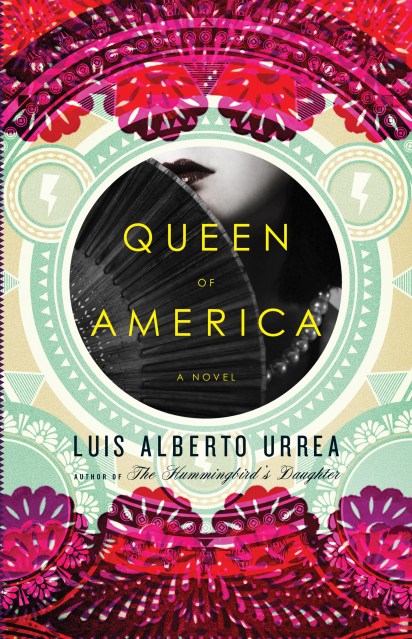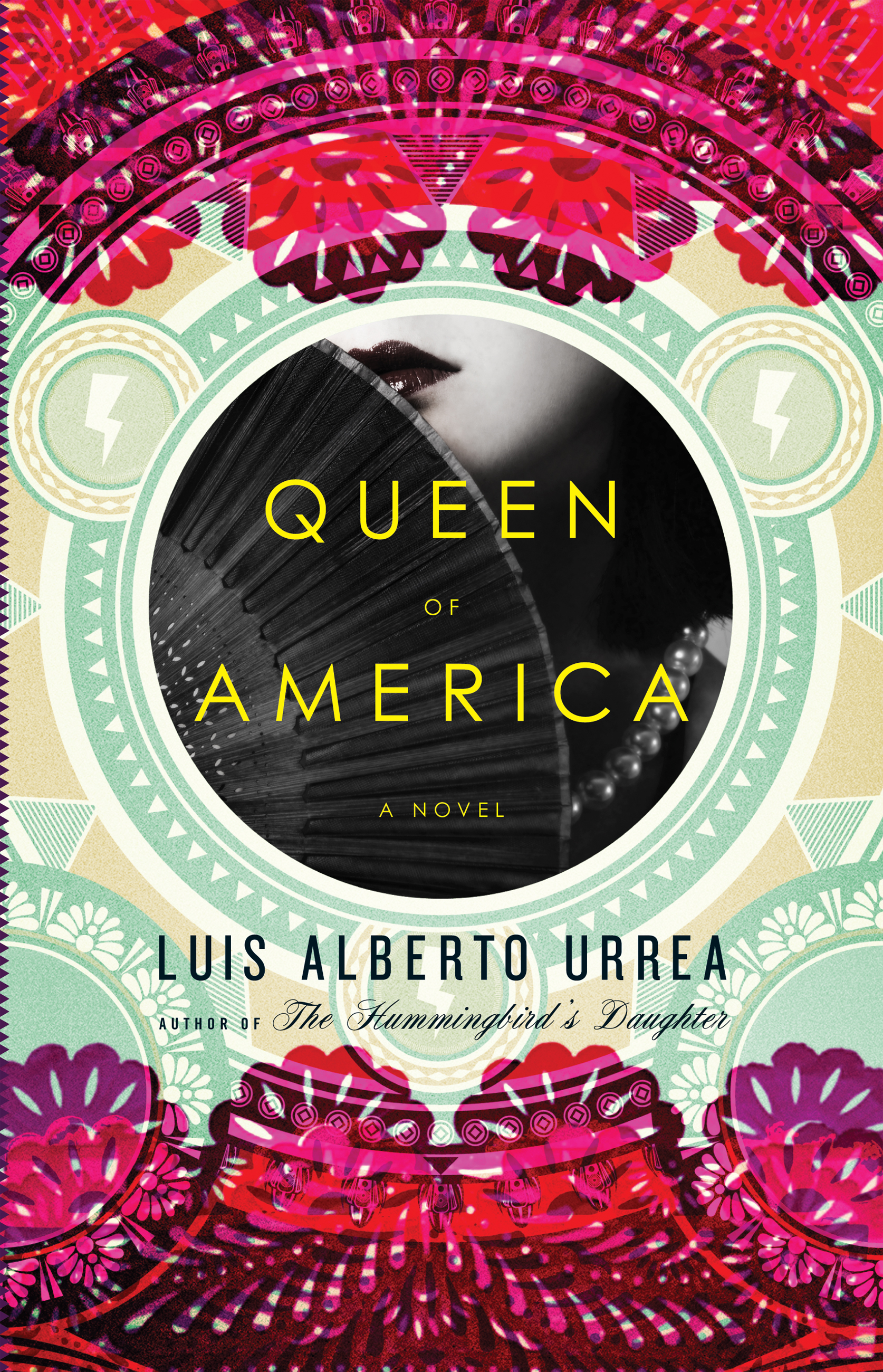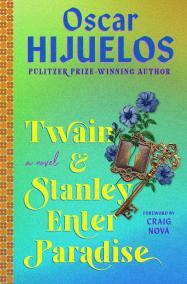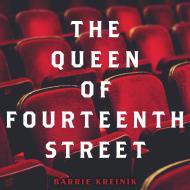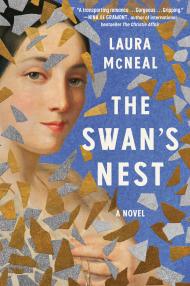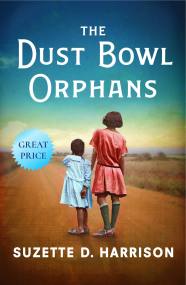By clicking “Accept,” you agree to the use of cookies and similar technologies on your device as set forth in our Cookie Policy and our Privacy Policy. Please note that certain cookies are essential for this website to function properly and do not require user consent to be deployed.
Queen of America
A Novel
Contributors
Formats and Prices
- On Sale
- Nov 28, 2011
- Page Count
- 496 pages
- Publisher
- Little, Brown and Company
- ISBN-13
- 9780316192040
Price
$9.99Price
$12.99 CADFormat
Format:
- ebook $9.99 $12.99 CAD
- Audiobook Download (Unabridged) $31.99
- Trade Paperback $19.99 $25.99 CAD
This item is a preorder. Your payment method will be charged immediately, and the product is expected to ship on or around November 28, 2011. This date is subject to change due to shipping delays beyond our control.
Buy from Other Retailers:
At turns heartbreaking, uplifting, fiercely romantic, and riotously funny,this novel from a Pulitzer Prize finalist tells the unforgettable story of a young woman coming of age and finding her place in a new world.
Beginning where Luis Alberto Urrea's bestselling The Hummingbird's Daughter left off, Queen of America finds young Teresita Urrea, beloved healer and "Saint of Cabora," with her father in 1892 Arizona. But, besieged by pilgrims in desperate need of her healing powers, and pursued by assassins, she has no choice but to flee the borderlands and embark on an extraordinary journey into the heart of turn-of-the-century America.
Teresita's passage will take her to New York, San Francisco, and St. Louis, where she will encounter European royalty, Cuban poets, beauty queens, anxious immigrants and grand tycoons — and, among them, a man who will force Teresita to finally ask herself the ultimate question: is a saint allowed to fall in love?
Beginning where Luis Alberto Urrea's bestselling The Hummingbird's Daughter left off, Queen of America finds young Teresita Urrea, beloved healer and "Saint of Cabora," with her father in 1892 Arizona. But, besieged by pilgrims in desperate need of her healing powers, and pursued by assassins, she has no choice but to flee the borderlands and embark on an extraordinary journey into the heart of turn-of-the-century America.
Teresita's passage will take her to New York, San Francisco, and St. Louis, where she will encounter European royalty, Cuban poets, beauty queens, anxious immigrants and grand tycoons — and, among them, a man who will force Teresita to finally ask herself the ultimate question: is a saint allowed to fall in love?
Genre:
-
Praise for QUEEN OF AMERICA:Stewart O'Nan, author of Emily Alone and Songs for the Missing
"'Who is more of an outlaw than a saint?'" one of Luis Urrea's characters poses. The answer is this ferocious, ribald romance of the border. Jaunty, bawdy, gritty, sweet, Queen of America has a bottomless comic energy and a heart large enough to accept-even revel in-all of human folly." -
"Captivating...With deft humor and a poetic lyricism that seamlessly folds one scene into another, Urrea unfolds the story of his real-life great-aunt Teresita, a teenage saint who was known for healing miracles... Each scene in Queen of America unfurls gracefully like delicate wisps of smoke. Whether Teresita is being held captive in Northern California by a band of profiteering medical professionals, or being feted like a queen in New York's social circles, this epic novel paints a portrait of America-and its inhabitants-with grace and style. It will spark fire in readers' hearts."Megan Fishmann, Bookpage
-
"Urrea delights in the texture of things. Turn-of-the-century America, particularly New York, comes alive at his fingertips: He sees both the silk and the mud... In imagining the story of his great-aunt Teresita, Urrea might have chosen to make her a hero; that would have been easier. What we get is more complicated, more modern... Hers is the story of what it means to have a gift, and how a talent can also be a burden."Carolyn Kellogg, Los Angeles Times
-
"Colorful [and] exuberant."Sam Sacks, Wall Street Journal
-
"A magnificent work of literary alchemy, so masterfully infused with myth and history, you will feel these characters in your heart, your gut. You will grieve for their immortal souls."Jamie Ford, author of Hotel on the Corner of Bitter and Sweet
-
"A gritty, bold, and much-anticipated sequel to The Hummingbird's Daughter... Fiercely romantic and at times heartbreaking but also full of humor, Urrea's latest novel blends fairy tale, Western adventure, folk tale, and historical drama. Fans of Hummingbird and readers new to Urrea's work will surely enjoy this magnificent, epic novel."Library Journal
Newsletter Signup
By clicking ‘Sign Up,’ I acknowledge that I have read and agree to Hachette Book Group’s Privacy Policy and Terms of Use
